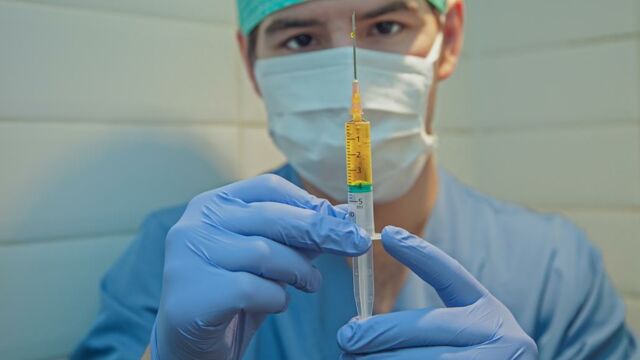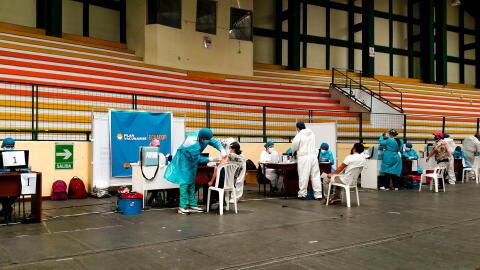New research has found that people who received the one-shot J&J jab only developed half the amount of antibodies than those double-jabbed by the Pfizer or Moderna vaccines.
Discover our latest podcast
Mandatory booster shot?
Now, experts believe that the 13 million Americans who were administered a vaccine from J&J will require a booster shot to make up for the lack of protection easily penetrable by more infections variants. Lead author of the study and virologist at NYU's Grossman School of Medicine, Dr. Nathaniel Landau explains that:
The message that we wanted to give was not that people shouldn't get the J.&J. vaccine, but we hope that in the future, it will be boosted with either another dose of J&J or a boost with Pfizer or Moderna.
The study in question sampled 27 patients—17 of which received the Pfizer or Moderna vaccines and the rest J&J. Researchers found that J&J jab receivers had antibody levels that were five to seven times lower upon being exposed to the Delta variant. In contrast, those who were jabbed by the Pfizer and Moderna vaccine only had antibody levels that were three times lower when exposed to the more-infectious COVID strain.
Link with AstraZeneca
The research also drew a connection between the efficacy rate of the AstraZeneca jab with that of the Johnson & Johnson vaccine, as the two are made up of the same technology. Ultimately, the AstraZeneca jab was observed to only be33 percent effective against symptomatic disease caused by Delta.
Dr John Moore, a virologist at Weill Cornell Medicine in New York explained that in order to keep administering the J&J jab, patients will have to receive a second dose to boost its effectiveness:
The lower baseline means that what's left to counter Delta is very weak. That is a substantial concern. I have always thought, and often said, that the J&J vaccine is a two-dose vaccine.















